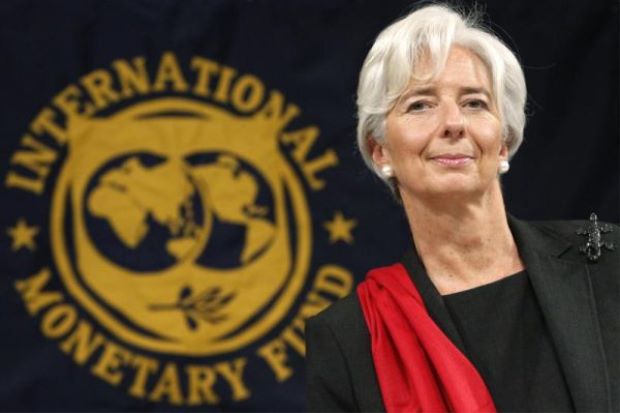The International Monetary Fund (IMF) has projected the growth in sub-Saharan Africa to rise 3.4 percent in 2018 from 2.8 percent in 2017, on improved global growth, higher commodity prices, and continued strong public spending.
The Fund, at a presentation on the 2018 edition of IMF’s Regional Economic Outlook in Addis Ababa Thursday, June 7, stated that the region is experiencing a modest growth uptick, and about two-thirds of countries in the region reportedly saw accelerated growth over the past year.
Papa N’diaye, chief of IMF’s Regional Studies Division stated in his presentation, that “growth is expected to rise to 3.4 percent in 2018, from 2.8 percent in 2017 in Sub-Saharan Africa.”
He highlighted that “Beyond 2018, growth is expected to plateau below 4 percent, modestly above population growth, reflecting continued sluggishness in the oil-exporting countries and sustained growth in non-resource-intensive countries.”
The report notes that the region is home to a very diverse set of countries, resulting in uneven growth performance. There is, therefore, a “need for policies to respond to the deep macroeconomic imbalances in the region.”
The need to foster private investment and increase domestic revenue mobilization were amongst the recommendations highlighted during the presentation. These will improve and sustain growth in Sub-Saharan Africa, said Mr. N’diaye, stating “weak private investment has weighed on growth.”
The IMF official emphasized that “Attaining the SDGs world require reducing macroeconomic vulnerabilities and raising medium-term growth.
The IMF’s projection is coming after World Bank projected the growth in the region to rise to 3.1 percent in 2018 and to 3.5 percent in 2019, from 2.6 percent in 2017.
World Bank stated this in its “Global Economic Prospects report”, released on Tuesday, June 6, 2018, for Sub-Saharan Africa.
The bank said a modest economic recovery has continued in Sub-Saharan Africa, supported by rising oil and metals production spurred by higher commodity prices, by improving agricultural conditions and by increasing domestic demand.
The report further stated that several countries, including Ghana, Kenya, and Nigeria, experienced a pickup in manufacturing activity, while renewed government commitments to macroeconomic and governance reforms have boosted investor and consumer confidence in Angola, South Africa, and Zimbabwe.













